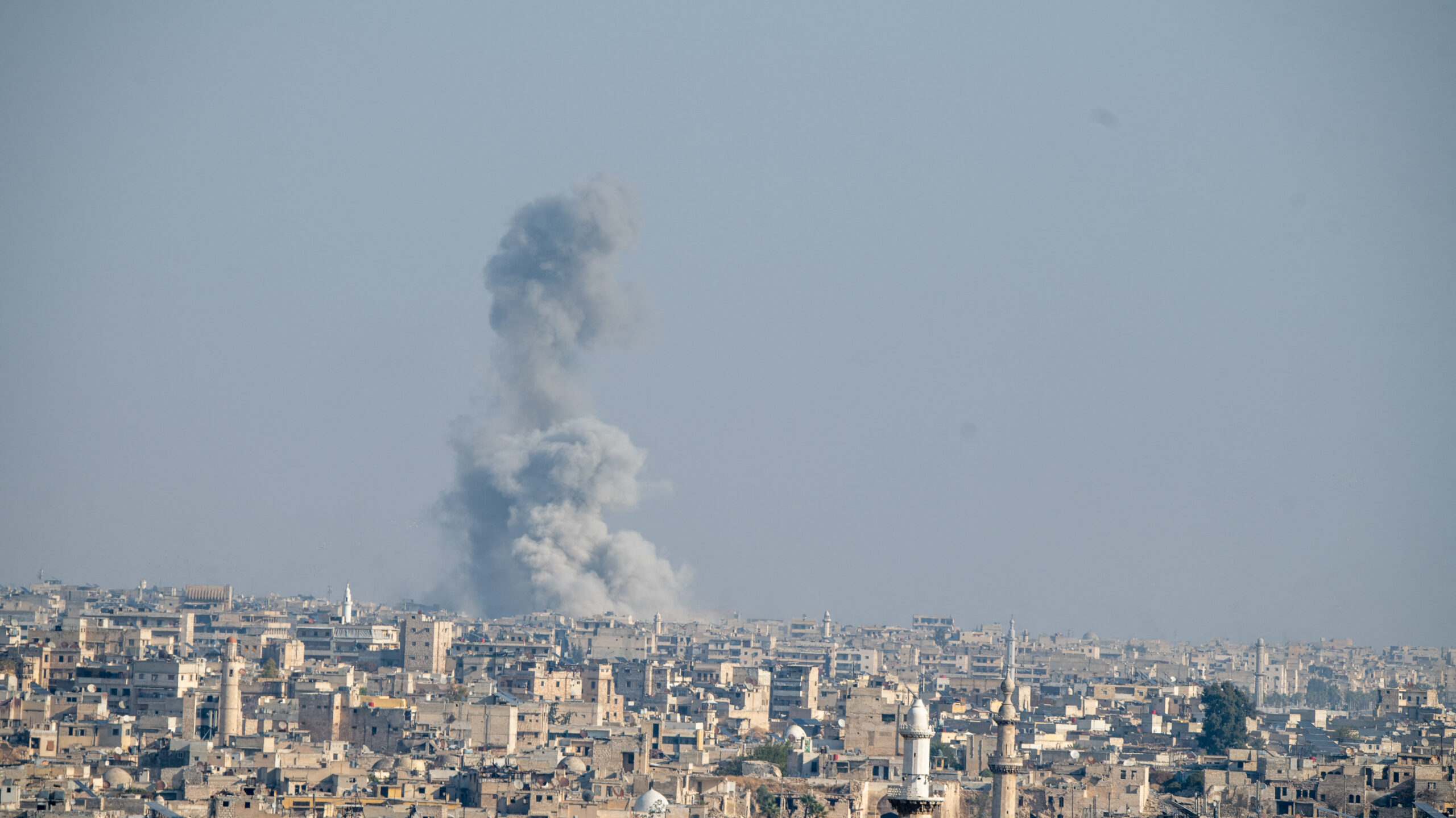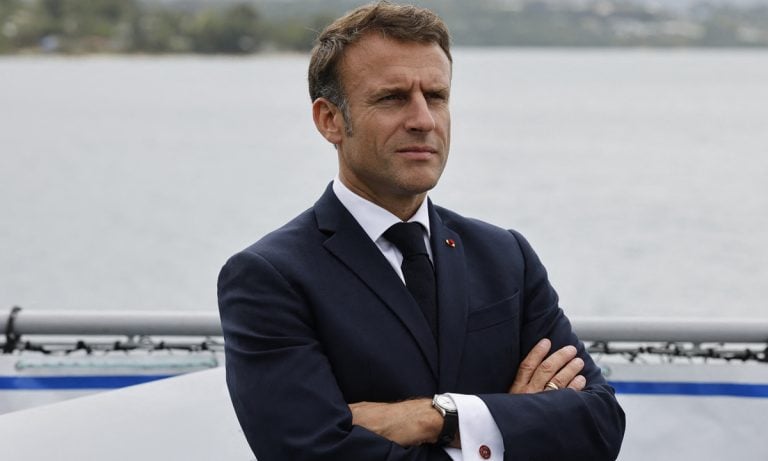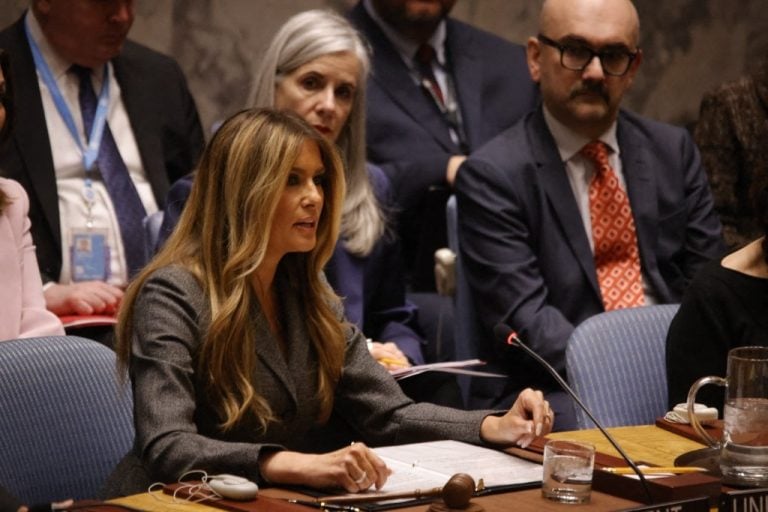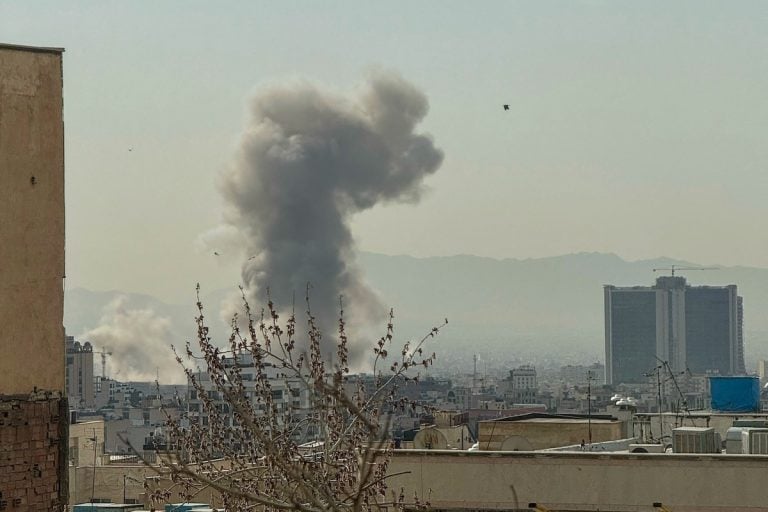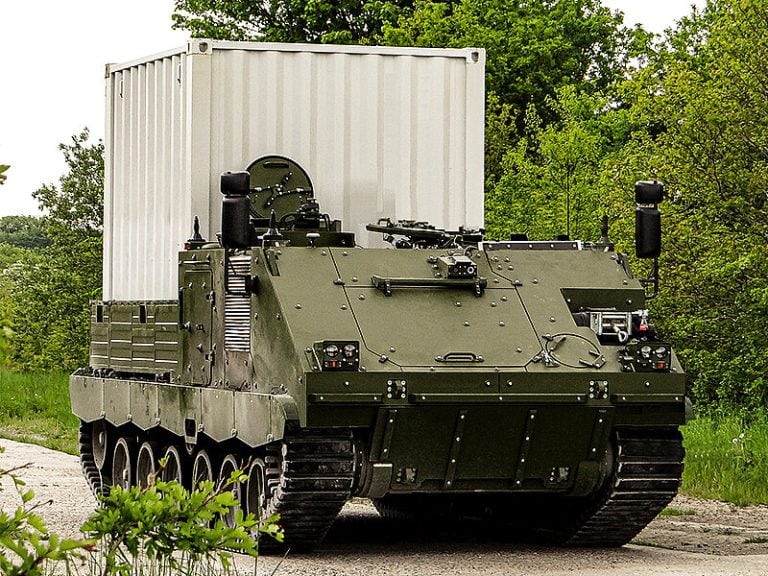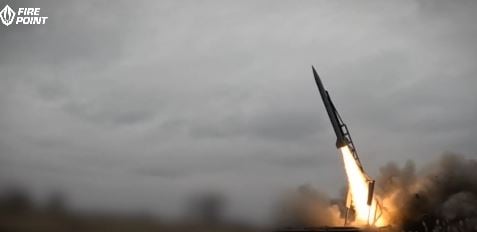The head of the Organisation for the Prohibition of Chemical Weapons (OPCW) is set to meet with the newly appointed leader of Syria on Saturday, marking a significant engagement following the removal of Bashar al-Assad, who was frequently accused of deploying chemical weapons throughout the nation’s prolonged civil conflict.
An official statement from a Syrian Telegram channel announced the forthcoming meeting, which will involve President Ahmad al-Sharaa and the Minister of Foreign Affairs Asaad Al-Shaibani hosting the OPCW delegation, led by the organization’s chief, Fernando Arias. This visit is expected to address long-standing concerns regarding chemical weapons in Syria, particularly in light of the country’s tumultuous history and the ongoing investigations related to prohibited arms.
Syria’s controversial involvement with chemical weapons intensified in 2013, when the government conceded to join the OPCW in the wake of a horrific chemical gas attack that resulted in over 1,000 fatalities near the capital, Damascus. Following this admission, Syria submitted its declared stockpile of chemical weapons for destruction, a commitment that was meant to signal a step toward compliance with international chemical weapons treaties.
However, the OPCW has consistently raised alarms about the completeness of Syria’s declarations regarding its chemical arsenal. Investigations have suggested that the inventory provided by Damascus may not reflect the totality of its chemical weapons capabilities, indicating that undisclosed stockpiles might still exist.
While the administration of Assad has persistently denied any use of chemical weapons, the OPCW has taken steps to address these allegations seriously. In 2014, the organization established a “fact-finding mission” aimed at probing the alleged use of chemical agents during the conflict. This mission has produced 21 comprehensive reports detailing 74 instances where chemical weapons were claimed to have been deployed. Subsequent analyses suggested that in at least 20 of these cases, the use of chemical munitions was confirmed or deemed likely.
The forthcoming encounter between the OPCW delegation and Syria’s new leadership may play a critical role in shaping the future of chemical weapons oversight in the region, setting the stage for potential accountability and further dialogue on disarmament.
